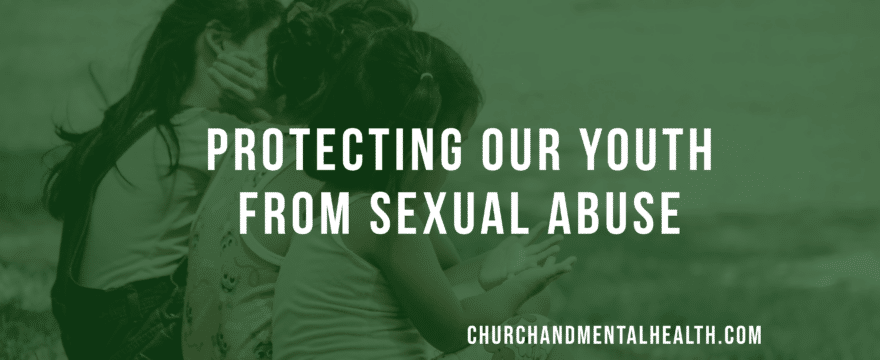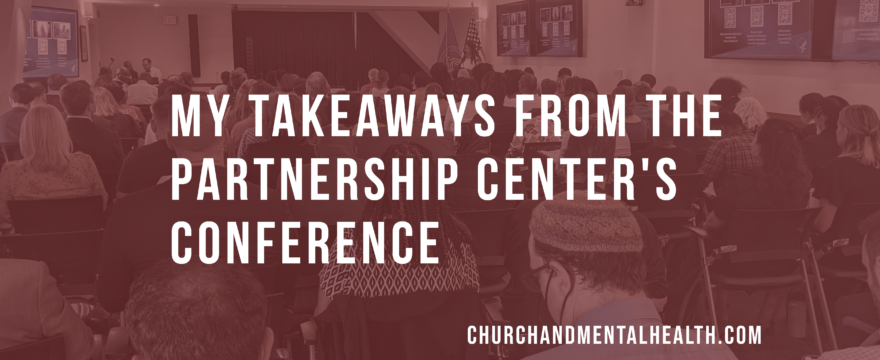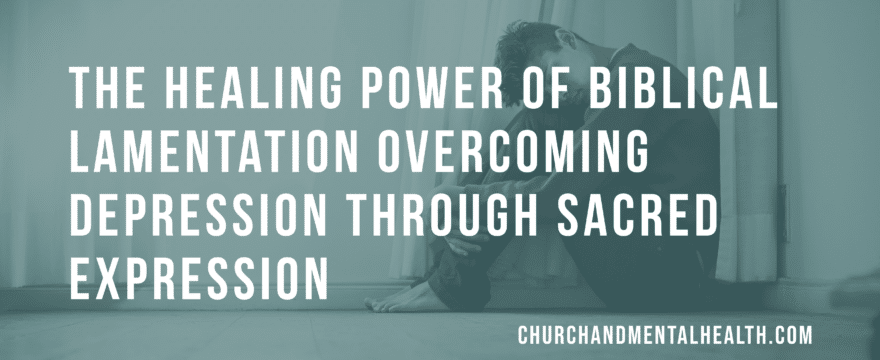Editor’s note: This article came out of an email correspondence about the Mandatory Reporting for Churches ebook and what more could be discussed. If you want to start educating and equipping your church to protect your congregation, go get the ebook here.
My years at work in the domestic violence field prepared me for my work as a Victim Assistance Coordinator (VAC). Many adult survivors of incest or current victims came through our area domestic violence shelter and we were mandated reporters. As a VAC, I met with victims of child sexual abuse (past or current, clergy-related or not), did referrals, provided the required safe environment training for church staff/volunteers about child sexual abuse prevention, and supplied data for our yearly audits on this training.
[Read more…] about Protecting Our Youth From Sexual Abuse








